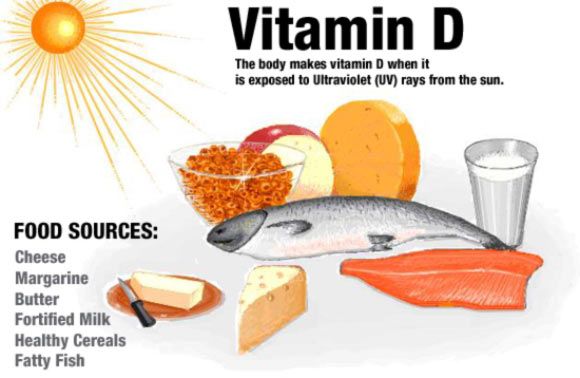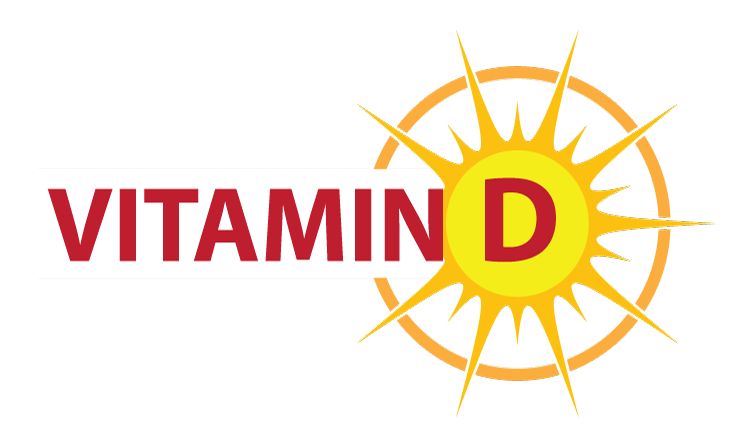Vitamin D?
Jul 01, 2019 • 9 views
The nutritionally important forms of Vitamin D in man are Calciferol (Vitamin D2) and Cholecalciferol (Vitamin D3). Calciferol may be derived by irradiation of the plant sterol, ergosterol. Cholecalciferol is a naturally occurring vitamin D which is found in animal fat and fish liver oil, it is also derived from exposure to UV rays of the sunlight which convert in the cholesterol in the skin to Vitamin D.

Major advances have been made in recent years in our understanding of the metabolism of vitamin D in the body, it has been proposed that Vitamin D should be regarded as kidney hormone because it doesn't meet the classic definition of a vitamin, i.e, a substance which must be obtained by dietary means because of a lack of capacity in the human body to synthesize it. In fact, Vitamin D3 is not a dietary requirement at all in conditions of adequate sunlight, it can be synthesized in the body in adequcate amounts by simple exposure to sunlight even for 5 minutes per day.
The functions of vitamin D summarised are:
Intestine- promotes intestinal absorption of calcium and phosphorus.
Bone- stimulates normal mineralization, enhances bone resorption, and affect collagen maturation.
Kidney- increases tubular reabsorption of phosphate and variable effects on the absorption of calcium.
Vitamin D is unique because it is derived both from sunlight (vitamin D is synthesized by the body by the action of UV rays, dark-skinned races as negroes also suffer from this disadvantage because black skin can filter off up to 95% of UV rays) and foods (vitamin D occurs only in foods of animal origin like a liver, egg yolk, butter, cheese and some species of fish contain useful amounts).
Deficiency is rickets and osteomalacia.
Prevention- educating parents to expose their children regularly to sunshine and periodic dosing (prophylaxis) of young children with Vitamin D.
Improve maternal vitamin-D status.
Administration of high dose of vitamin-D (400-6400 IU) daily to breastfeeding mothers increases anti-rachitic activity of breastmilk without causing hypervitaminosis in the mother.
Vitamin-D supplementation to preterm babies since birth (400-800 IU per day).
Foods that provide vitamin Dinclude are:
Fatty fish, like tuna, mackerel, and salmon
Foods fortified with vitamin D, like some dairy products, orange juice, soy milk, and cereals
Beefliver
Cheese
Egg yolks
Also, to get vitamin D from food, fish is a good option. Three ounces of cooked salmon has more than 450international units (IU).

